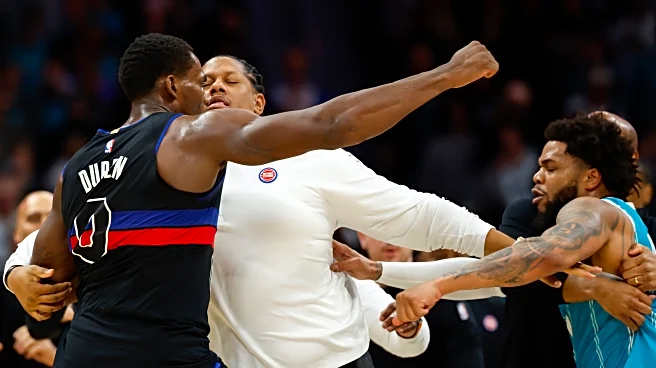Ron graduated through the pyramid system, even though, he tells me, he never actually went to Egypt. Learning his craft at Scunthorpe and Hartlepool, before he actually became the England manager. He famously learnt all his football nous from a book his dad had written.
I asked Ron about his early career. “Well, my father was a miner, and he worked down a mine, and I am the son of my father. But the first job I actually had after leaving school at the age of 12 was working in a helium factory, but
I soon left as I didn’t like the way they talked to me. I knew then that I had to be my own boss, with my own ideas.”
And what, I wondered, were some of the innovations that he developed to help him come up with tactics or to motivate players?
“Well, my early ideas, of course, all came from my dad’s book, ‘A Coaching Guide for the Idle’, but I started to build on those formative coaching sessions. I still like to reminisce; I do a lot of reminiscing in my car. Just the other day, I put it in reverse and thought – ‘this takes me back’. I often sit with the curtains drawn – but the rest of the furniture is real.”

I asked Ron if he could share some of his motivation techniques. He explained that music played a big part.
“Yes, I’ve always used music in some of the sessions. It gives the players a beat to work with – gives them a drive and energy.” The kind of music Ron likes and uses did surprise me. “I’m a big fan of Will.i.am – but even more so of his Yorkshire cousin, called Will I Eckers Like.”
Moving the conversation towards Sunderland and the challenge they’re about to face in the Premier League, I asked him about his concerns or the key areas that we needed to be aware of.
“Well, for me, it’s all about unity – building a togetherness within the camp – one for all and all for whoever gets changed fastest. I used to make the lads wear these small jumpers – that way we became a very tight-knit group. Of course, they could always be used later on as goalposts. Unity instils a sense of belonging and camaraderie; we’re all in this together. I’ve got your back, just don’t bend over too fast. They need to fight their way up from the bottom and stay there if they can. Try to be in the position where they can be on the crest of a slump. Even when you’re dead, you shouldn’t lie down and let yourself be buried. My teams all had a common aim – to win matches, and we were so close that for any player to ask for a transfer would open everyone’s eyebrows. All the players were 100% behind me as a manager, but I couldn’t speak for the rest of the squad. I remember after a goalless first half, the score was 0 – 0, but I wouldn’t let the boys accept that that was the end of the game. I used to try to get to know each player as an individual, as a man or a boy. I wouldn’t say I had a nickname for each of them; I just called them all sorts of stuff – mostly abusive.”
Finally, what advice would Ron have for the Sunderland team on Saturday? “Football is about 90 minutes on the day; it’s about tomorrow, really. It’s about enjoyment and motivation. Getting the crowd on your side, well, not all at once, obviously, as that would be quite painful. I would advise anyone coming to the match to come early and not leave until the end – otherwise, they might miss something.” Wise words indeed, Ron.
I thanked him for his time and thoughts.
“Well – thank you for evoking memories, particularly of days gone by.”
















